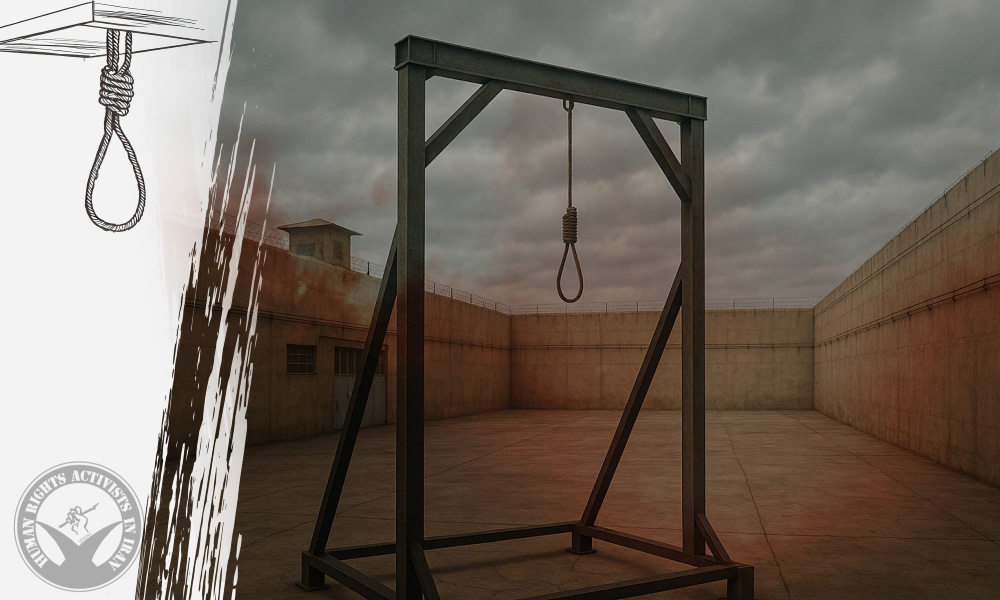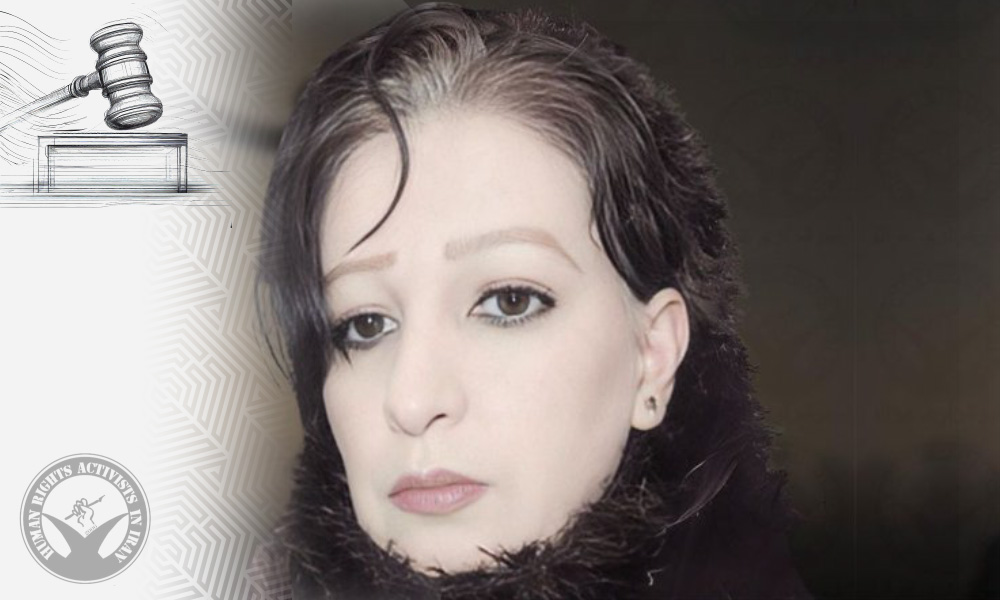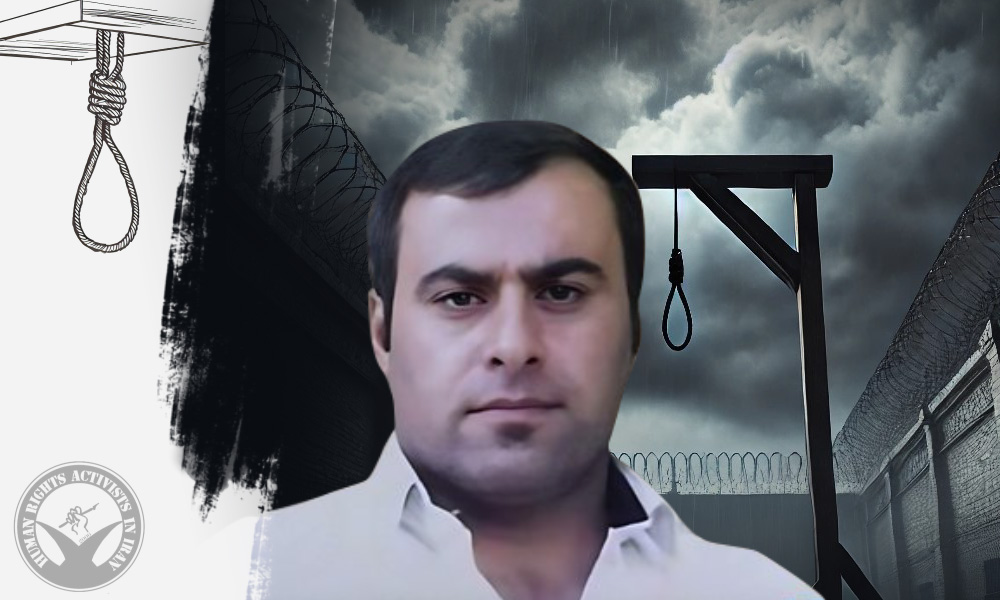HRANA News Agency – At dawn on Saturday, May 24, a prisoner previously sentenced to death for murder was executed in Nahavand Prison, Hamadan province.
According to HRANA, the news agency of Human Rights Activists in Iran, the identity of the executed individual has been confirmed as Tahmas (Tahmasb) Jahanian. Jahanian had been arrested on murder charges and was later sentenced to death by the criminal court.
As of the time of this report, prison authorities and relevant institutions have not officially announced the execution.
In 2024, according to 812 reports compiled by HRANA, the Iranian regime executed 930 individuals in its prisons—marking the highest number of executions in the past 12 years. Despite the scale of these executions, prison officials and other relevant authorities publicly acknowledged only 6% of them, highlighting the regime’s lack of transparency and accountability.






